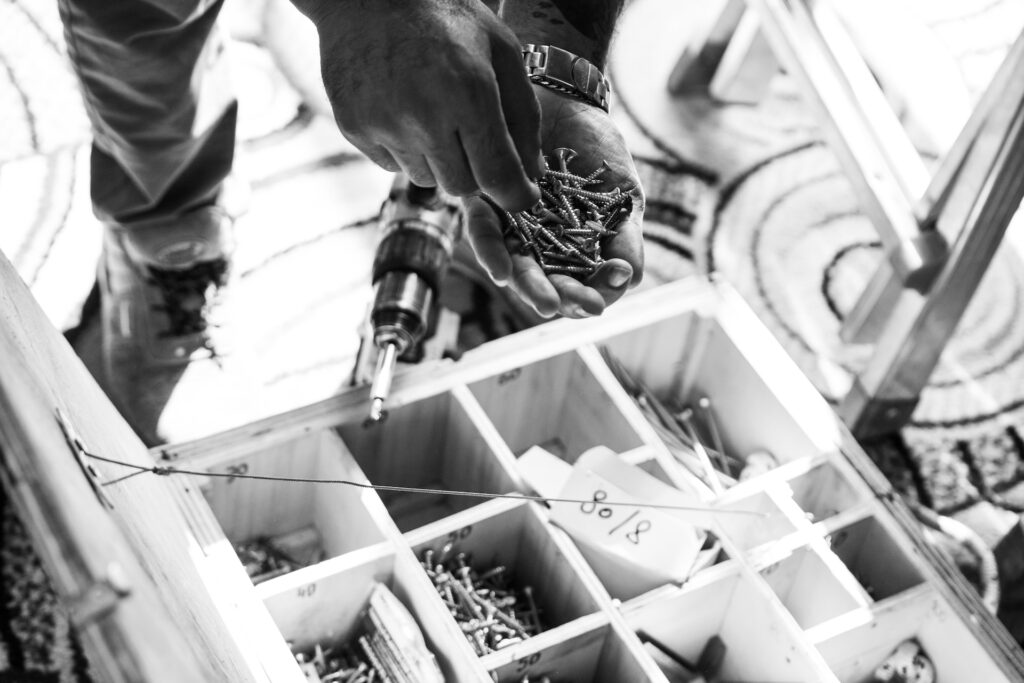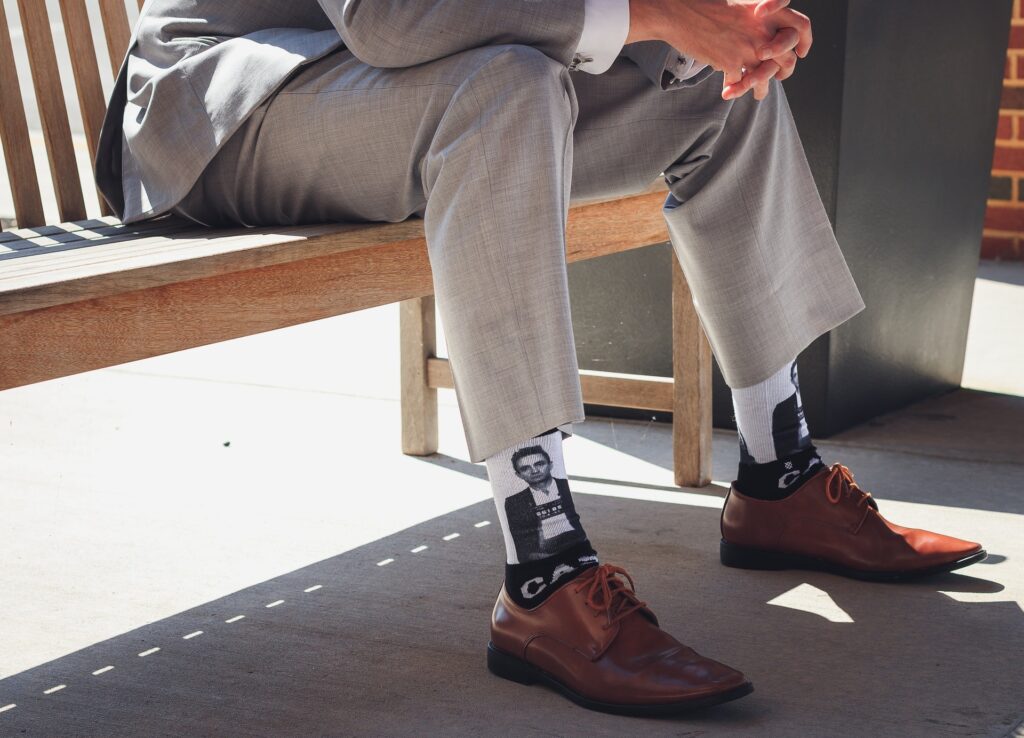Concrete screws, also known as masonry screws, are specialised fasteners designed explicitly for anchoring items to concrete, brick, and block. As construction technologies and methodologies continue to evolve, the use of masonary screws in both commercial and residential buildings has been on the rise. Here’s a comprehensive look into why these screws are gaining popularity and their various applications in modern-day constructions.
1. Ease of Installation:
Unlike traditional methods of affixing items to concrete such as lead shields or hammer-in anchors, screws offer a faster and more straightforward installation process. They require only a pre-drilled hole (using a masonry drill bit) into which the screw can be driven. This means there’s no need for a secondary anchor, thus reducing installation time significantly.
2. Strong & Secure Anchoring:
One of the primary advantages over their counterparts is their impressive load-bearing capabilities. Due to their deep threading and unique design, these screws achieve a secure hold, which is vital in both residential and commercial settings where safety is paramount.
3. Versatility:
Concrete screws come in a variety of lengths and sizes, making them suitable for diverse applications. Whether it’s hanging a simple wall art in a residential home or installing heavy equipment in commercial buildings, there’s a concrete screw designed for the job.
4. Resistant to Environmental Factors:
Given that they are predominantly used in environments where moisture, corrosion, and temperature fluctuations are common, concrete screws are crafted from materials that resist rust and corrosion. Some high-quality concrete screws even undergo a coating process to further enhance their longevity and strength.
5. Applications in Residential Buildings:
Home Improvements & Renovations: From mounting TV brackets, securing heavy cabinets, or even affixing curtain rods, concrete screws play a pivotal role in ensuring that such additions remain secure. Especially in homes with brick or concrete walls, these screws are the go-to option.
External Applications: Think of decks, outdoor light fixtures, or even flag poles. Screws ensure that these structures remain steadfastly anchored to their concrete bases, providing safety and stability.
6. Applications in Commercial Buildings:
Heavy Machinery Installation: In commercial settings, there’s often a need to install heavy equipment or machinery. Here, the strength and resilience of concrete screws come into play, ensuring these installations remain secure and stable.
Shelving and Racking Systems: In warehouses and retail setups, shelving systems must hold substantial weight. Concrete screws provide the required anchoring strength to support these heavy loads.
Safety Features: In commercial environments, safety features like handrails, guardrails, and emergency signage need to be securely fixed, especially in concrete-based constructions. Masonry screws provide the necessary grip to ensure these structures remain in place.
Façade Installations: Modern commercial buildings often have intricate façade designs, some of which require anchoring to concrete structures. These screws ensure that these facades remain securely attached, adding to both aesthetics and safety.
Finally, the rise in the popularity of concrete screws in commercial and residential buildings is no fluke. Their ease of use combined with their strength and versatility makes them an indispensable tool for modern construction. As building methodologies continue to evolve and place a greater emphasis on both safety and sustainability, there role in the industry is only set to grow. For builders, contractors, and DIY enthusiasts alike, understanding the uses and benefits of these screws can lead to better, more secure construction outcomes.


